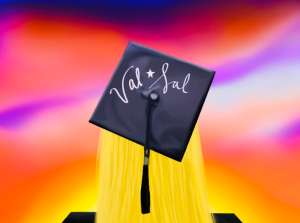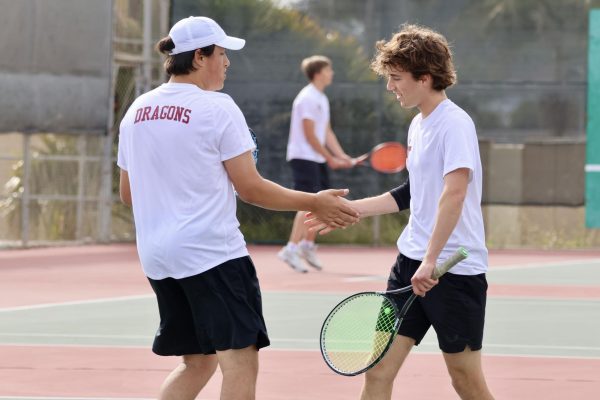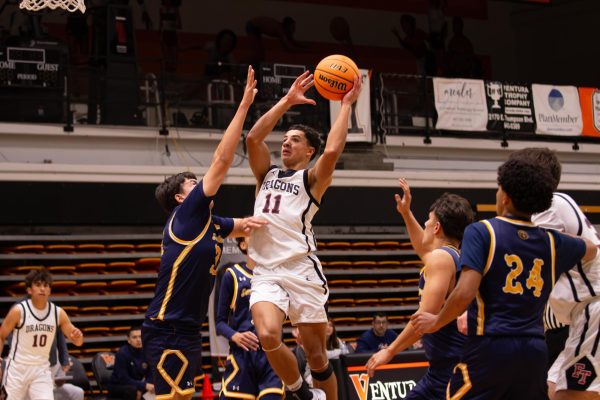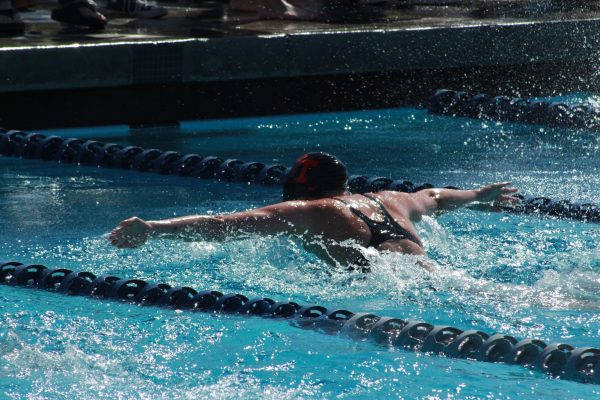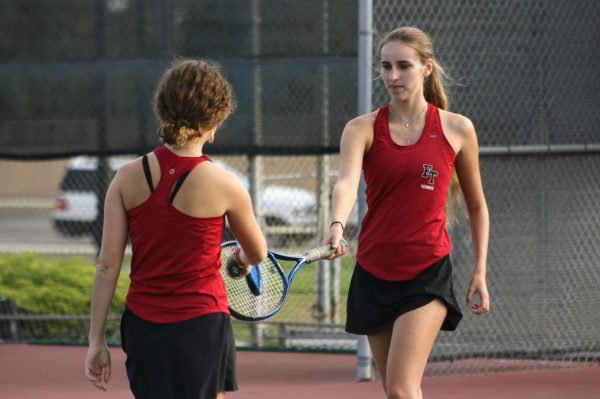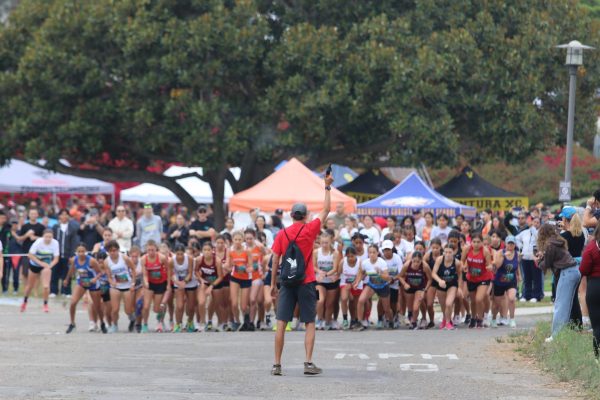The cons of Foothill Tech’s elimination of Valedictorian and Salutatorian
May 15, 2023
For as long as students at Foothill Technology High School (Foothill Tech) can remember, there have been awards given to seniors who have achieved what is deemed as academic excellence. Whether they were given Valedictorian or Salutatorian, it’s a way for their hard work and effort throughout their four years at Foothill Tech to be recognized and exemplified in front of family, teachers and peers. However, this long standing tradition has come to an end.
According to an email sent out by principal Russell Gibbs on March 22, 2023, there are six definite reasons as to why this award has come to an end, ranging from its supposed impacts on student culture, stating it “[makes] high performing students very competitive with one another, causing significant anxiety and stress.” The system in which the award is calculated is also mentioned, “The Val/Sal formula at FTHS was exclusionary,” continuing to explain that students who received these awards were typically those in special programs which required application for selection. The email then concludes with a regret that students were not previously informed. Pascal Hayward ‘23 recalls the lack of communication about the changes as they were unknown to both him and his friends, as with many students of this year’s graduating class, “It was never brought down from the top and spoken about directly to us.” Hayward also expressed discontentment with the way the situation was handled as many were unaware of the changes which occurred earlier last year (End of an era: Valedictorian and Salutatorian to be replaced by Hometown Hero award) until Gibbs’ email was sent out, Gibbs waited until the end of the year to re-address this change, “We were never told about it, never able to make any sort of feedback on it before [it was] too late,” adding that it seemed “a little bit disingenuous.”
The idea that the existence of Val/Sal creates a stressful or unfavorable environment was news to students as Gibbs did not support this thought with any specific evidence or anecdotes to show that he has seen students experience this. Hayward recalled his confusion on that particular point expressing that he thinks it’s “not necessarily something that people stress about.” Furthermore, Hayward added that it’s “something that you get after you’ve gone through all that hard work” rather than a large stressor. For many students, Valedictorian is the prize at the end of the race, the final huzzah if you will. If the student is a hard worker and wants to be at the top of their class, they will continue to work towards that goal regardless of what title Foothill Tech decides they are deserving of. Furthermore, being at the top of your class is still an enormous feat and if one is doing this purely for the sake of a college application, they are now losing out on a title which they both worked hard for and righteously deserve; if they are working towards the title for the sake of doing as well in school as they possibly can, they are also now losing out on recognition for their determination and willingness to work hard.
Another reason that Gibbs addressed was that the process in which Valedictorian and Salutatorian (Val/Sal) was calculated stating that as both VUSD (Ventura Unified School District) and Foothill Tech moved forward with creating greater access for dual enrollment for students, “the formula or overall graduation honors system needed to change” as college courses were not included in the Val/Sal calculations. While this is a strong point and many may see the validity in the statement, who says that Foothill Tech and VUSD can’t simply change the formula to be more inclusive? While the new Hometown Hero award sounds justifiable, it should simply be an addition rather than a replacement.
Hayward reflected similarly saying, “I don’t think you need to remove Valedictorian and Salutatorian to have [Hometown Hero],” continuing to explain how these awards are universally known and give students a chance to be further recognized as they arrive at jobs, colleges and internships, “having those awards, I think, people would be able to recognize that instantly.”
Hayward, along with other students in the graduating class, felt as though they may have been in the running for this award and while no longer being given the chance to receive it may be unfortunate, he felt the most bothersome part of the situation was how it was handled. “I think it’s not necessarily the fact that I’m not going to get this award or other people aren’t gonna get this award that really bothers me, It’s more an issue with how they went about it,” proceeding to say that it was “disappointing more than anything.” He felt that there was more of an issue with how it was removed as administration was “not telling anyone, not being transparent and not giving anyone an option to change it back” and finished by stating that the decision to both him and “a lot of other students” seemed “erroneous.”
The hard work which many students put in to get into a competitive college or to secure a successful future has always been rewarded with Valedictorian or Salutatorian. As this chapter comes to an end, many students reflect on both its sunsetting and the process in which it was removed. While many are acknowledging that it seems the decision is final, reflection on it is still necessary. Hayward concluded that “it would have been nice to at least have the ability to get such an award and removing that ability […] seems kind of like a mistake.”

